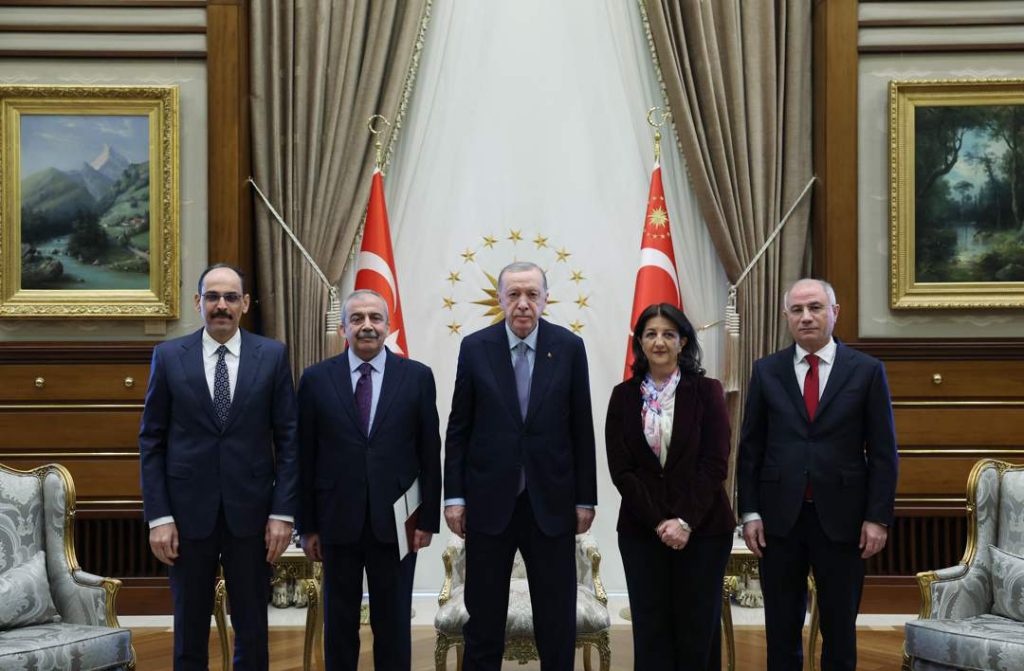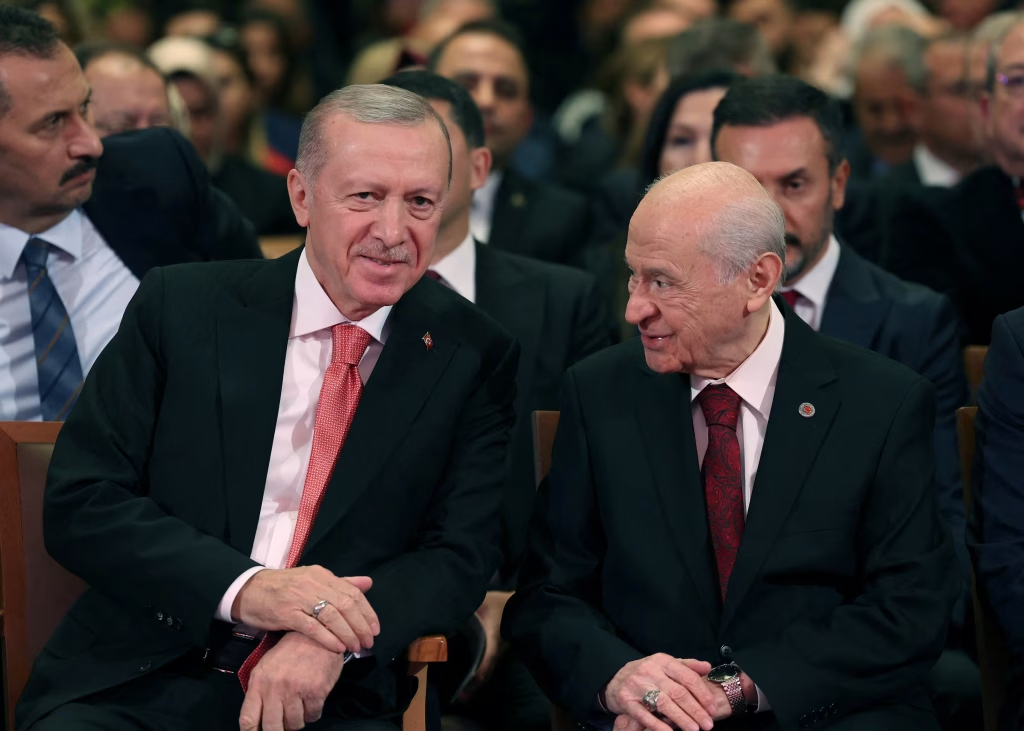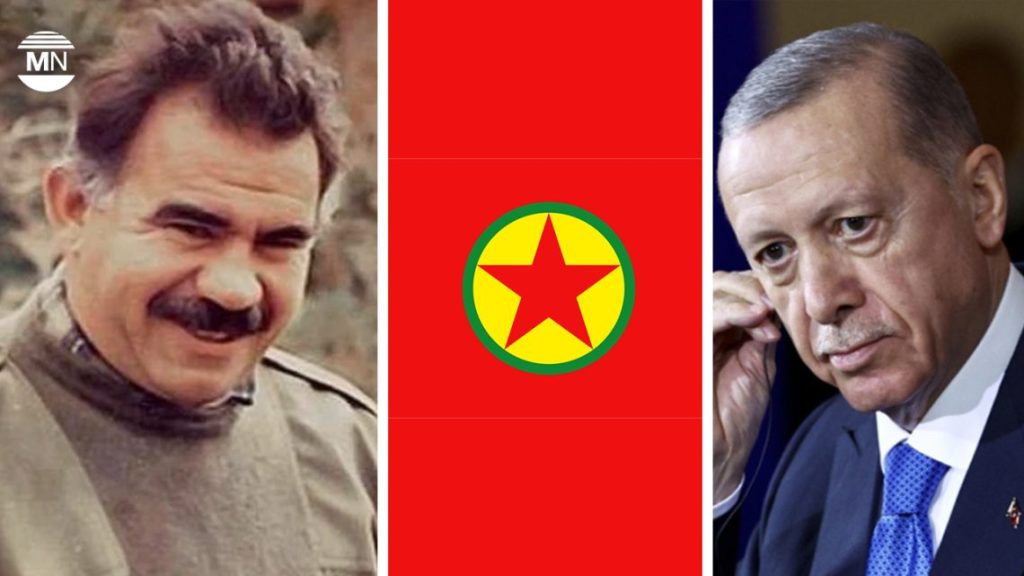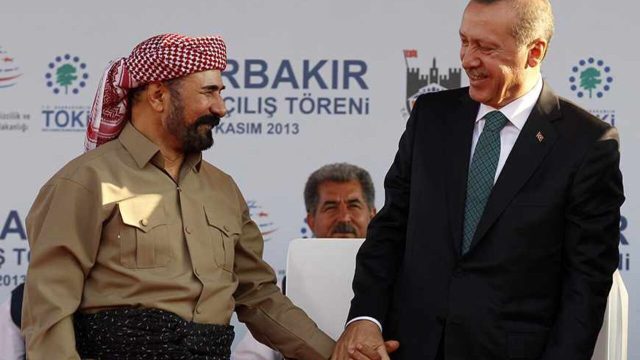Erdogan For over four decades, Turkey has been engaged in a long-standing conflict with the Kurdistan Workers’ Party (PKK)—a group recognized by Turkey, the United States, and the European Union as a terrorist organization. The PKK’s primary objective was to gain autonomy for the Kurdish regions in southeastern Turkey, a struggle that led to countless clashes and significant instability within the region. However, in a historic turn of events, President Recep Tayyip Erdogan has achieved a monumental breakthrough: the PKK has officially declared it will disarm and dissolve its militant operations.

This landmark decision marks a pivotal moment for Turkey’s internal security and regional stability. Erdogan’s strategic negotiations and diplomatic resilience have paved the way for peace that many thought was unattainable. In this article, we explore the journey to this agreement, its implications for Turkey’s political landscape, and the potential lessons for conflict resolution in other regions, including Somalia.
The PKK’s Origins and Turkey’s Long Struggle
The PKK was established in 1978 under the leadership of Abdullah Öcalan. What began as a Marxist-Leninist political movement soon evolved into an armed conflict against the Turkish government, with the aim of establishing an independent Kurdish state. Over the decades, the group launched attacks targeting both military and civilian structures, contributing to a protracted conflict that has claimed the lives of over 40,000 people.
Turkey’s response was firm, with successive governments implementing stringent military campaigns aimed at suppressing the PKK’s influence. Despite numerous operations and cross-border engagements, the conflict persisted, deeply affecting both communities and economic growth in the southeast.

Erdogan‘s Path to Peace
Under Erdogan’s leadership, Turkey adopted a multi-faceted approach to tackle the PKK insurgency. This included not only military measures but also political and economic initiatives aimed at addressing the grievances of the Kurdish population. The Kurdish Opening policy introduced in 2009 marked a significant shift towards inclusivity, providing greater cultural rights and economic opportunities to the Kurdish regions.
Erdogan’s government initiated direct talks with Öcalan, who remains imprisoned but continues to hold sway over PKK members. These negotiations, alongside military pressure and strategic regional alliances, culminated in the PKK’s announcement to lay down its arms and disband its militant factions. This decision symbolizes not only a triumph for Turkish sovereignty but also a move towards sustainable peace and regional harmony.
somali news
Implications for Turkey and the Region
The dissolution of the PKK brings several key benefits to Turkey:
- Enhanced National Security: With the removal of a major militant threat, Turkey can now focus on strengthening its borders and improving internal security measures.
- Economic Growth: Stability in the southeastern regions opens the door for investments and development projects that were previously hindered by conflict.
- Regional Influence: Turkey’s successful handling of the PKK conflict could serve as a model for addressing insurgencies in neighboring countries, enhancing its diplomatic influence.
Moreover, this strategic victory allows Erdogan to cement his legacy as a leader capable of achieving peace through resilience and calculated diplomacy.

Lessons for Somalia: Drawing Parallels
The success of Erdogan’s peace process with the PKK holds critical lessons for conflict-ridden regions such as Somalia. Much like Turkey, Somalia has faced ongoing instability due to militant groups such as Al-Shabaab. Erdogan’s blend of military strength, political dialogue, and socio-economic reform could serve as a blueprint for Somali leaders aiming to restore order and unity.
Key takeaways for Somalia include:
- Strategic Negotiations: Engaging in dialogue with key leaders while maintaining firm security measures.
- Economic Empowerment: Addressing the underlying socio-economic issues that fuel militancy.
- Inclusive Governance: Ensuring all communities feel represented in the national political process.
Turkey’s achievement is a testament to the power of cohesive strategy and determined leadership in resolving long-standing conflicts.
Conclusion
The announcement of the PKK’s disarmament under Erdogan’s leadership is a historic step towards peace and stability in Turkey. It showcases the impact of strategic diplomacy, military resilience, and inclusive governance in resolving deeply rooted conflicts. For regions like Somalia still grappling with insurgency, Erdogan’s approach offers a beacon of hope and a potential path forward.



































